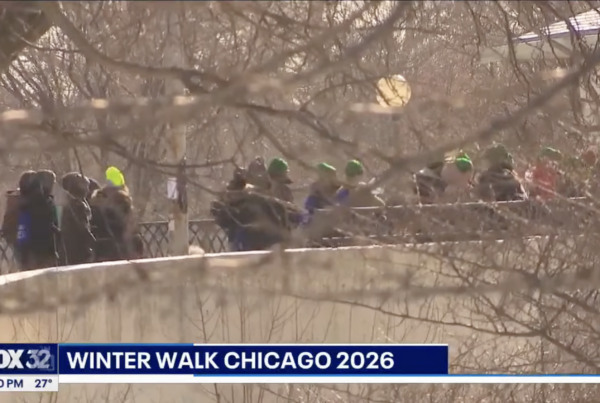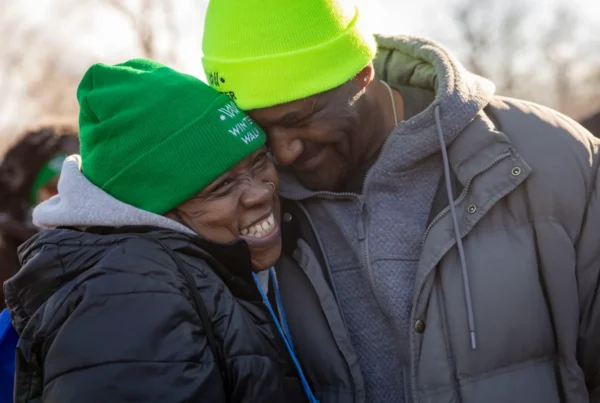High school student Sonitra Mitchell, 17, said she has been in and out of her grandmother’s house since birth—sometimes living with four different families at a time.
Mitchell is one of the 82,212 homeless people in Chicago, according to the Chicago Coalition for the Homeless’ April 19 report for 2015. Of the homeless population, 82 percent identify as doubled-up families-, or families staying with other families.
“There is nowhere that I can call my home,” Mitchell said. “I had to come to school thinking everything was okay, knowing I was in pain and going through [anxiety.]”
According to an April 20 press release from Mayor Rahm Emanuel’s office, the city will start housing 100 of these families this fall through the new Housing Homeless Families program. The Department of Family and Support Services is partnering with the coalition and the Corporation for Supportive Housing-, –a community housing organization, to provide new permanent housing for families from six public schools in Humboldt Park, Englewood, West Englewood and Austin.
Maura McCauley, DFSS Chicago region director of Homeless Prevention, Policy and Planning, said the goal is for families to receive housing where they can reconnect with their existing support networks or find new ones.
“Homelessness can be a traumatic experience, and we know that housing stability through having your own home contributes to the overall well-being for all people,” McCauley said. “With children, we know that also contributes to educational success.”
The families will be chosen through a “vulnerability index,” which will take many factors into consideration including the ages and number of children, and the physical and mental health of their families, said Julie Dworkin, director of policy at the CCH. Those who receive the highest scores during the assessment will be given housing, she added.
For some families, this housing opportunity will mean not having to undergo hardships like having to leave belongings behind when moving into another person’s home or a hotel, Mitchell said.
“It’s been kind of terrible because you have no room, no space and no privacy,” she said. “The only difference between doubled-up [housing] and living in shelters is that you are living with someone that you actually know.”
While Mitchell will not be considered for the program because she lives in West Pullman, this is the first city housing program that will take doubled-up families similar to hers into consideration for housing, Dworkin said.
“Because this program is all locally generated funding, we advocated for them to include the doubled-up families, and [Emanuel] agreed to do that,” Dworkin said. “They are going to be considered for the first time.”
The funding for the program will be a combination of $1 million from the city’s 4 percent Airbnb tax, and $1 million from the Chicago Low Income Housing Trust Fund, according to Dworkin.
Families who are not eligible to receive housing can still be assessed and given other resources and support services, McCauley said.
The department will start meeting with families at the end of the 2016–2017 academic year to inform them about the different resources for which they are eligible, but they will not start assessing families for the housing program until the next academic year, she added.
“We are rolling out this coordinated process to identify families in need, assess them quickly and match them to the appropriate resource,” McCauley said. “I hope the housing is the beginning of a long period of stability.”






